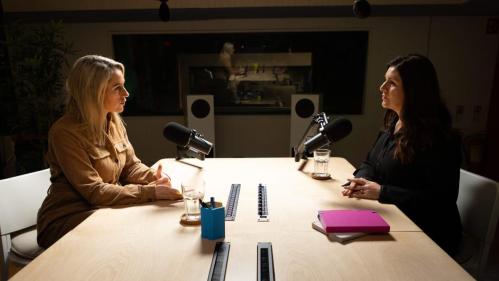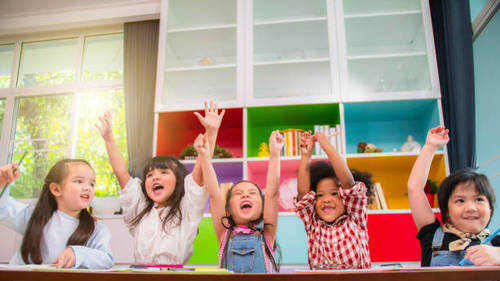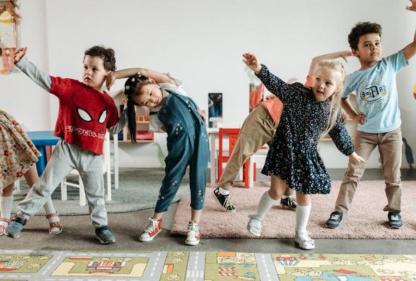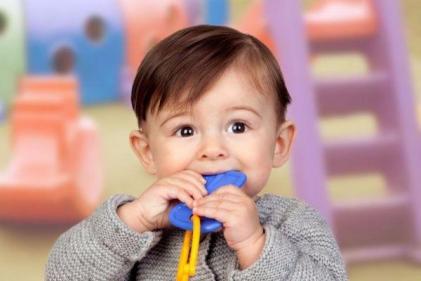‘Cognition’ basically means the ability to process thoughts. Cognitive skills are the processes of memory, association, concept, language, attention, perception, action, problem solving and mental imagery. Your child has been developing cognitive skills since birth, but in the last year this development has become more rapid and will continue to quickly develop for years. Learning how to encourage your child’s cognitive growth will set the basis for his future academic success.
Your Child’s Development
Studies have shown that a preschool aged child who has a strong foundation of cognitive skills is more likely to be successful in school. Your 3 year old is building that foundation every day. From learning his colours and shapes, to building jigsaw puzzles, every activity your child engages in serves to help teach a child cognitive skills.
There are two major factors that influence your child’s success: his genetic makeup and his environment. The genetic makeup that determines your child’s characteristics is set in stone. While there is certainly nothing you can do to physically alter his genetics, you are responsible for setting his environment. While a child’s intelligence is largely determined by his genetic makeup, if that child is raised in an environment that is harmful, such as living in poverty in a third world country, he may not reach his intelligence potential due to his environment.
As all parents want their child to be successful, it is vital that their environment be one that nurtures their cognitive learning. Many parents think that this means buying every new toy that promises to teach or involving a child in every social activity or sport. Although some toys are fantastic teaching tools and social activities serve a vital purpose, there are many simple every day activities that you can do that will set the foundation of his environment and make his environment one that encourages his cognitive development.
- Always make sure to give your child lots of attention and love. Holding your child, hugging your child, and listening to your child are the best ways to show your child he is important and to give him a sense of security.
- Talking, singing, playing, eating, and reading to your child are also great ways to show him that he are special and important to you. It also allows you to learn about your child's interests and skills and teaches your child that you care about his likes and dislikes.
- Read every day! Children who are read to by a parent are known to have larger vocabularies than children who were not read to. Additionally, reading gives your child a chance to use his imagination and learn about the world he lives in. Besides, story-time is one of the best ways to bond with your child.
- Behaviour is another very important factor that affects a child’s environment. This is where your good parenting skills come into play. When a child learns good behaviour he tends to flourish in all settings.
- Make sure to set limits on television and video games. Although there are some good learning opportunities on television and videos, these items are no substitute for parental involvement.
- Lastly, always be loving and encouraging. A child who feels loved and respected stands a much better chance at being successful in life.









